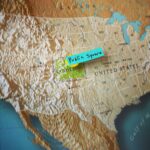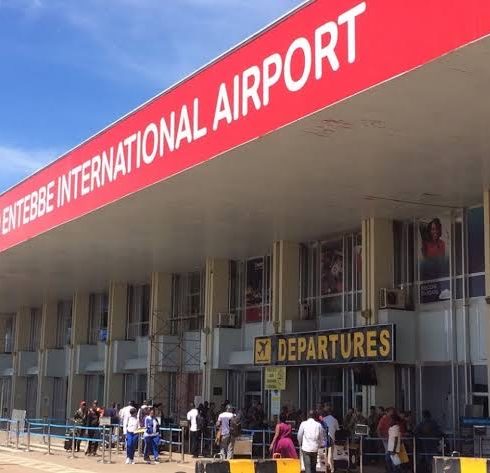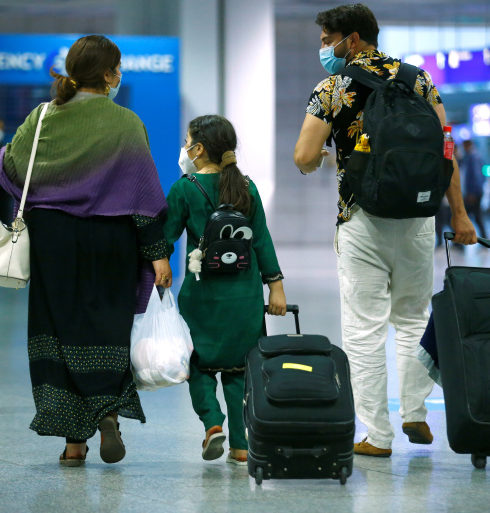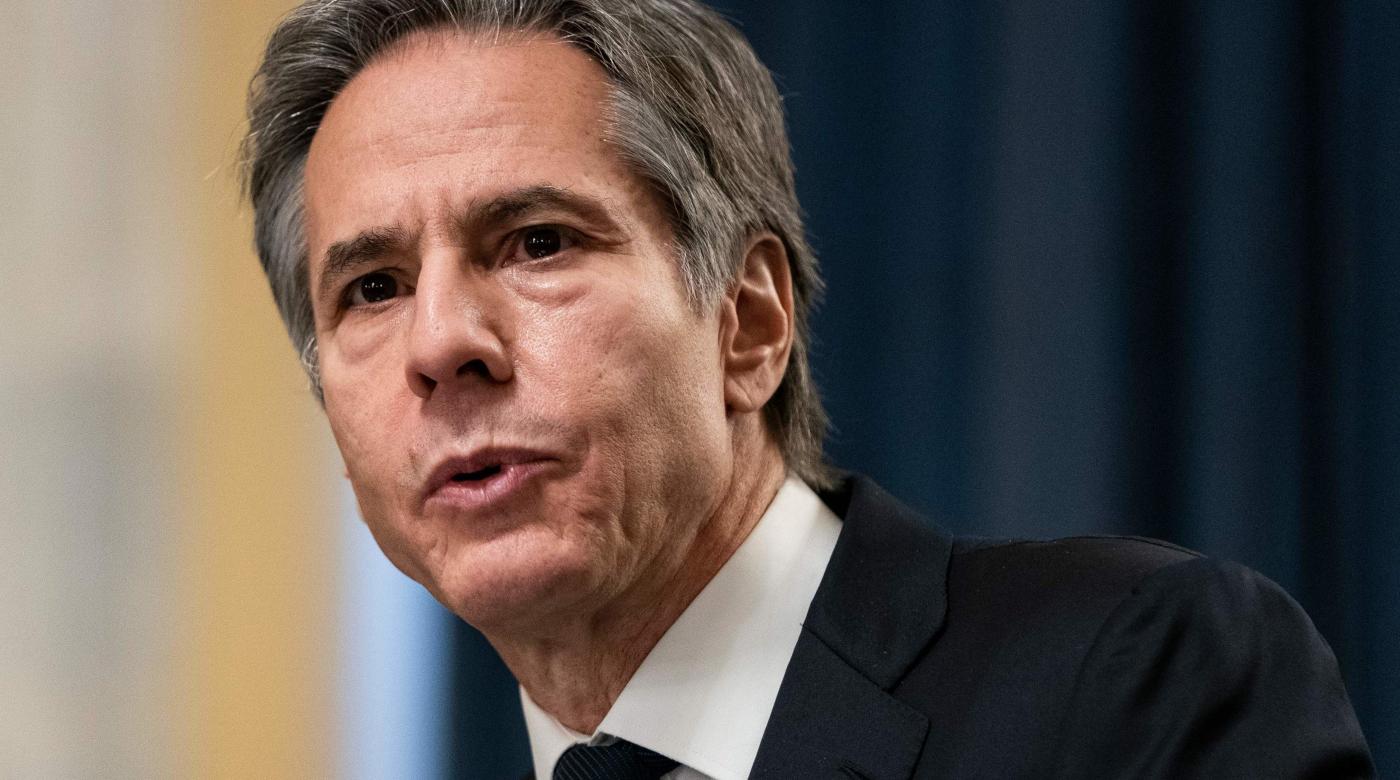
Blinken says the restrictions are targeted at specific individuals believed to pose a threat to the democratic process in Liberia. Credit: CNN
Ahead of the October 10 Liberian presidential and legislative elections, the government of the United States has announced visa restrictions for individuals found guilty of undermining democracy in the West African country.
U.S. Secretary of State Antony Blinken in a statement released by the U.S. State Department did not specify how many people were affected or identify them. The move restricts their ability to travel to the U.S. and the policy is not aimed at the Liberian people or government, the statement said.
The policy, which takes effect in advance of the upcoming election, will affect officials of the government and others who are or will be involved in the manipulation and rigging of the electoral process, as well as those involved in alleged acts of intimidating voters, election observers, and civil society activities. It signifies the intent of the U.S to ensure the credibility of the election process and deter any form of rigging or violence. The right to peaceful assembly, freedom of expression, and association are at the heart of a functioning democracy. Adherence to these democratic norms and the rule of law allows all citizens to engage in political dialogue and support their choice of candidates, parties, and platforms.
This is not the first time the U.S has used visa restrictions as a tool to protect democracy in Africa. In the past, visa restrictions were placed on Nigerians who undermined the February and March 2019 elections. While the measures were specific to certain individuals, they reflected the commitment of the U.S to work with the Nigerian government to end corruption and strengthen democracy, accountability, and respect for human rights.
However, the threats to democracy in West Africa are not limited to Liberia. Several countries in the region have been experiencing issues ahead of crucial elections. For instance, in Ivory Coast and Guinea, there have been tensions and protests over the possibility of the incumbent Presidents seeking a contentious third term. In Liberia itself, there have been growing concerns over the cleaning of the voter roll ahead of the December 8 Senatorial Midterm elections.
This move comes at a time when members of the opposition community in Liberia are already crying foul that the National Elections Commission is doing everything in its power to rig the elections in favor of the incumbent, President George Weah and his party, the Coalition for Democratic Change (CDC). With less than twelve days until the elections, the NEC has yet to make public the Final Voter Roll (FVR), which will make known the total number of people that are supposed to partake in the elections.
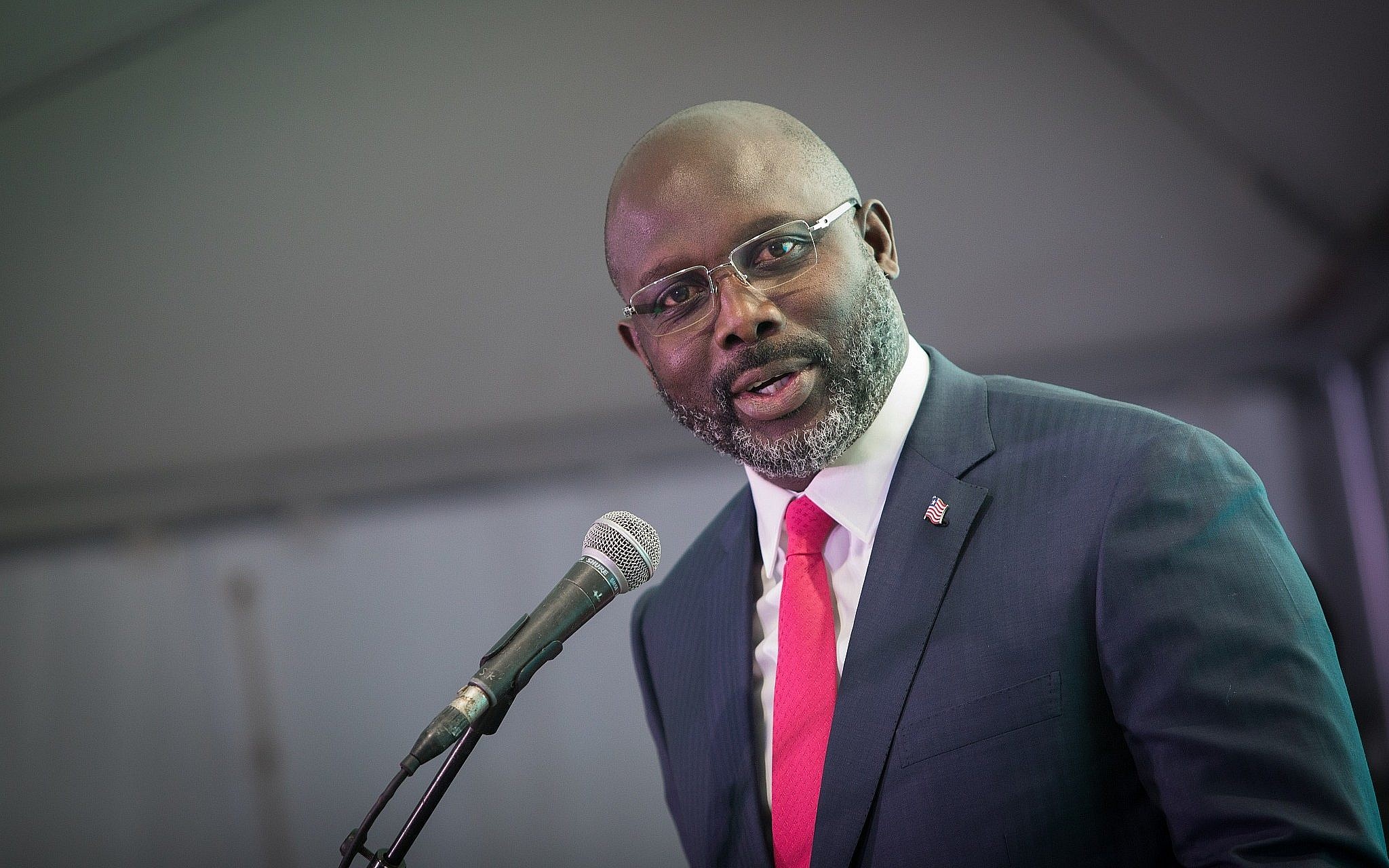
President George Weah and his party, the Coalition for Democratic Change (CDC) have been accused of intimidating the opposition and trying to compromise the Nation’s electoral body. Credit: Wikipedia
The main opposition, the Unity Party of former Vice President Joseph Nyuma Boakai, slammed the conduct of the electoral process by the NEC, terming it as lacking transparency. The UP has already taken the NEC to court for its failure to publish the FVR. The main opposition believes the actions of the electoral body are deliberate and are meant to rig the elections in favor of the incumbent, President George Weah.
The threat of visa restrictions is expected to have a significant impact on the actions of politicians and decision-makers. It is hoped that it would encourage them to ensure a free, fair, and peaceful election process. However, it is also argued that the U.S and other stakeholders need to go a step further and consider freezing assets and imposing sanctions on governments that deliberately attempt to influence the outcome of elections.
Liberia, founded in 1822 as an outpost for returning freed slaves from the Americas, is still recovering from a military coup in 1980 and a 14-year civil war that ended in 2003. It remains to be seen how effective these measures will be in deterring potential threats to Liberia’s forthcoming elections and ensuring a free, fair, and peaceful democratic process.


